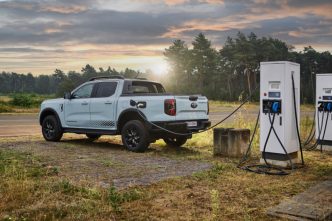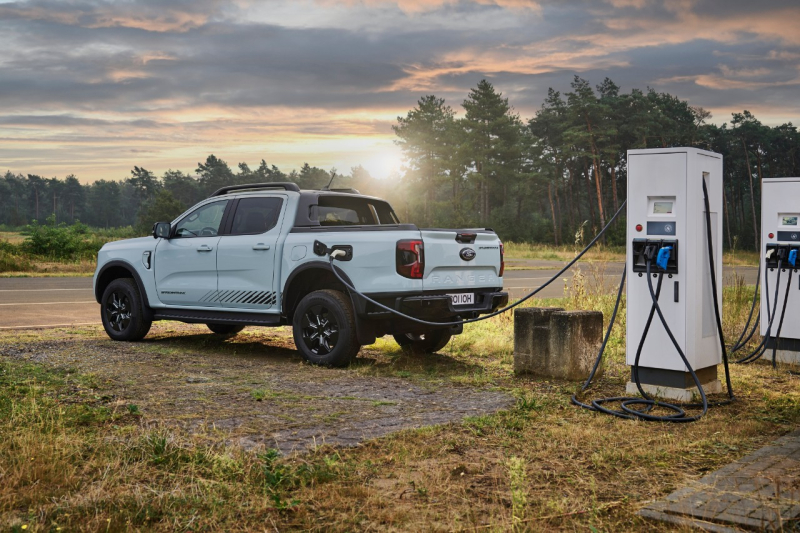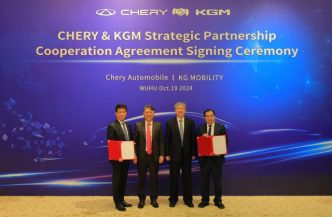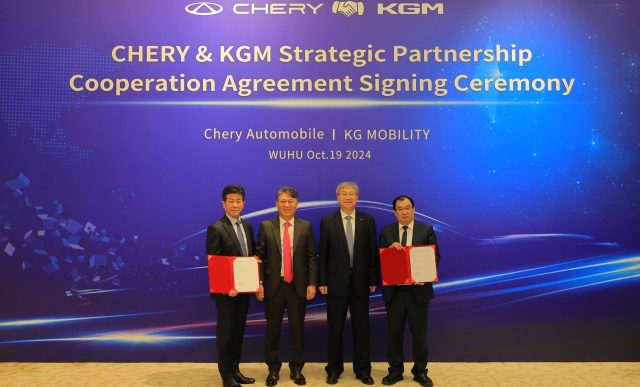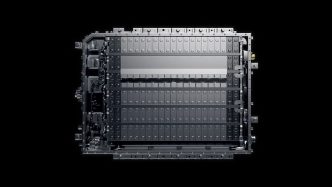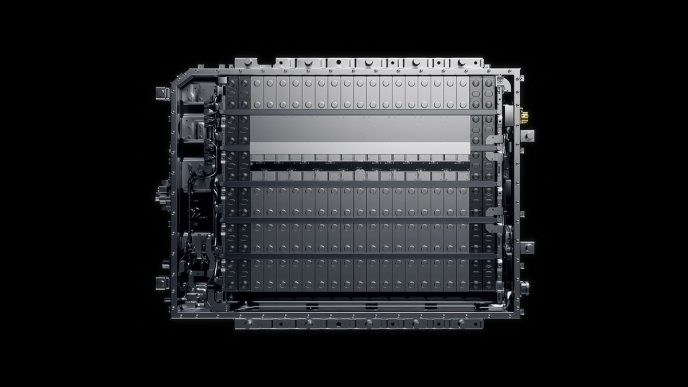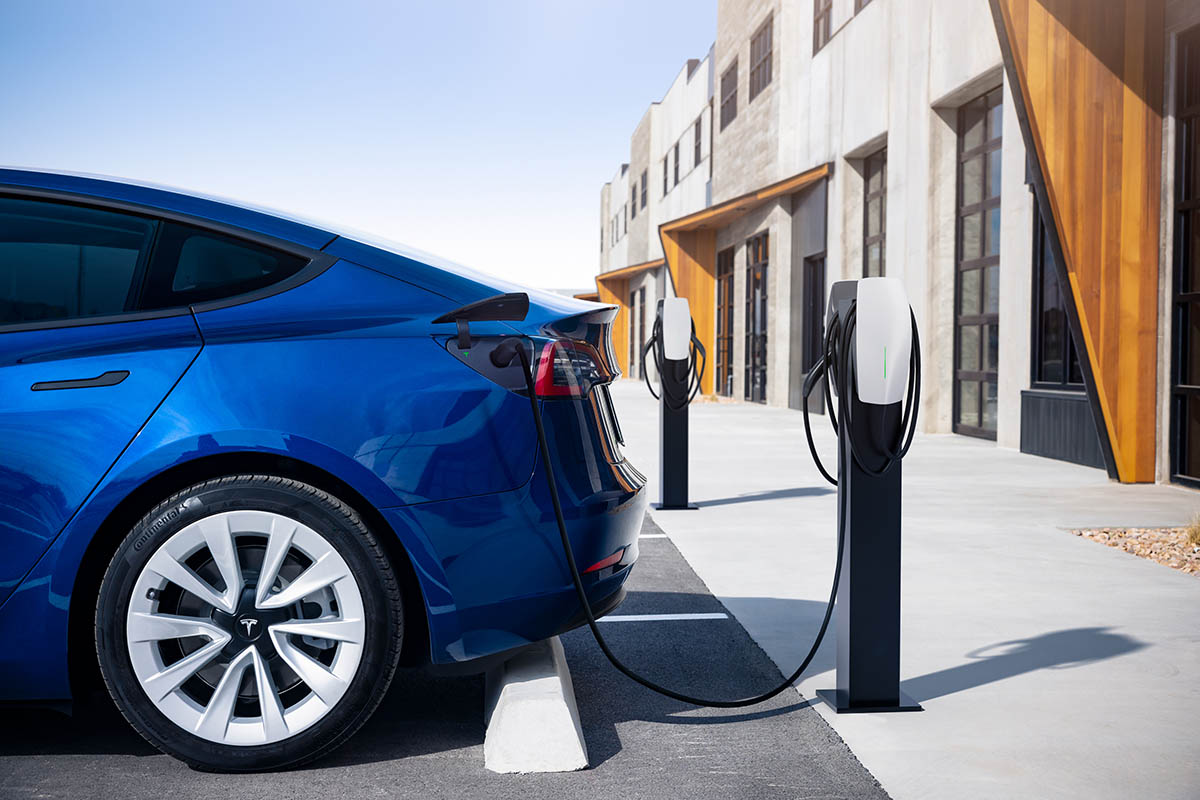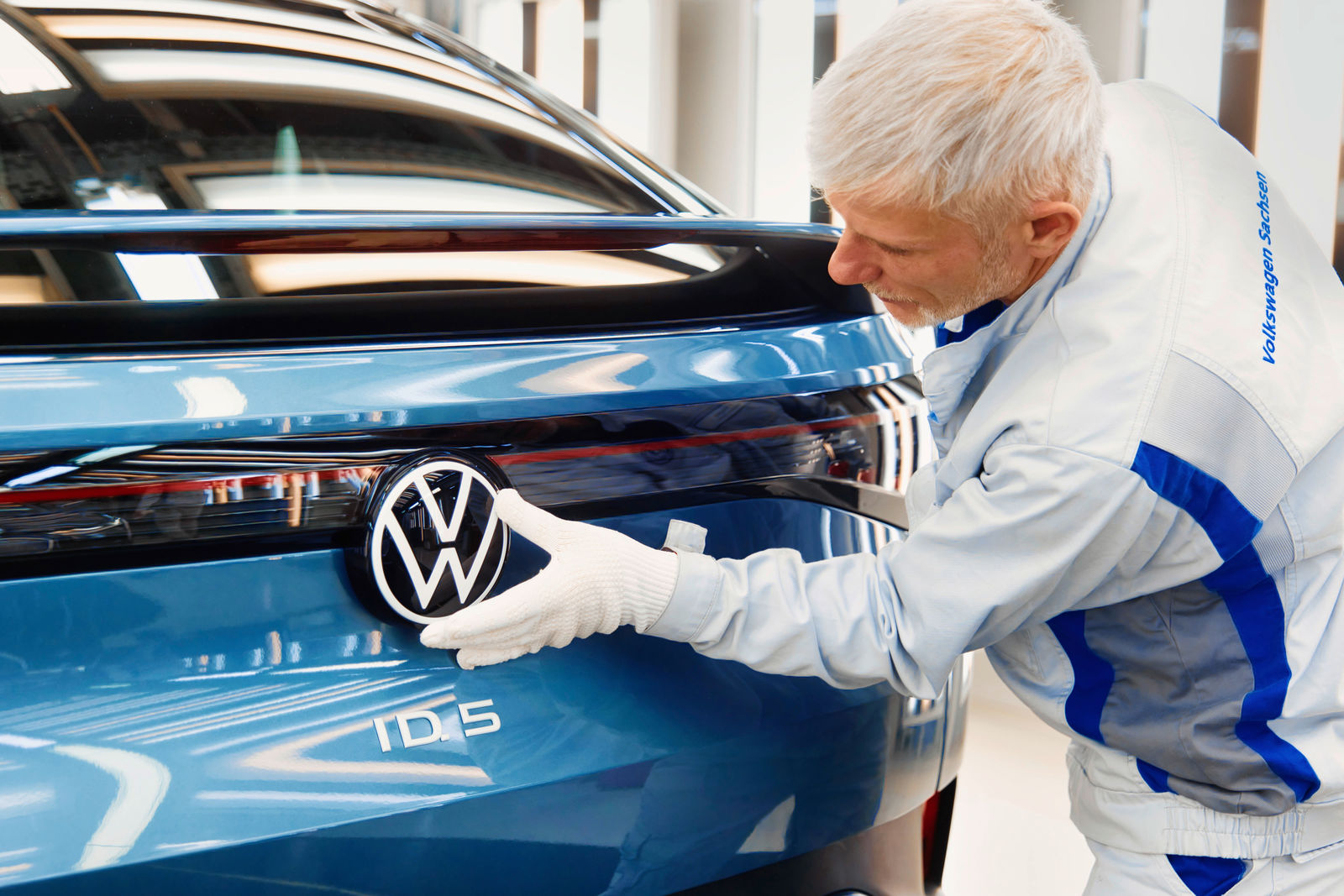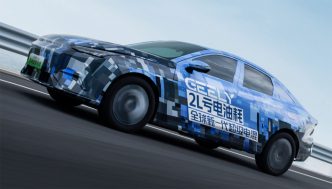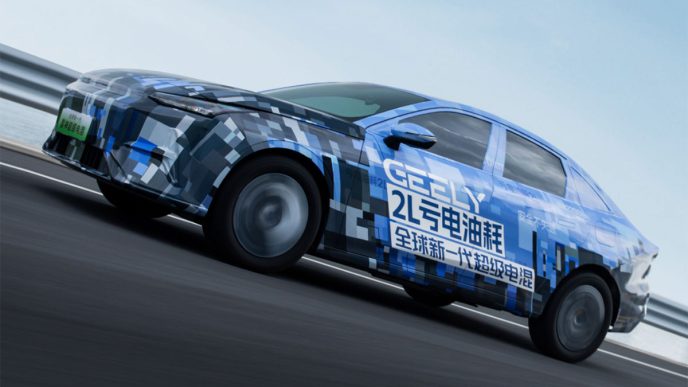Consumers have not embraced plug-in hybrids (PHEVs) as some automakers might have hoped, with many viewing them as a compromise—offering neither the full benefits of traditional hybrids nor the electric vehicle experience. These vehicles, which combine gasoline engines with electric batteries, come at a higher price point, leading some buyers to question whether they provide enough value to justify the cost.
In the U.S., PHEVs made up only 1.9% of total new vehicle sales through August 2023, a stark contrast to the 9.4% market share held by electric vehicles (EVs) and the 10.7% share of conventional hybrids. This lagging performance is not due to a lack of options. Currently, there are 41 different PHEV models available in the U.S., slightly more than the 39 hybrid models and close to the 60 EVs on the market. However, despite this variety, PHEVs remain a small slice of the automotive market.
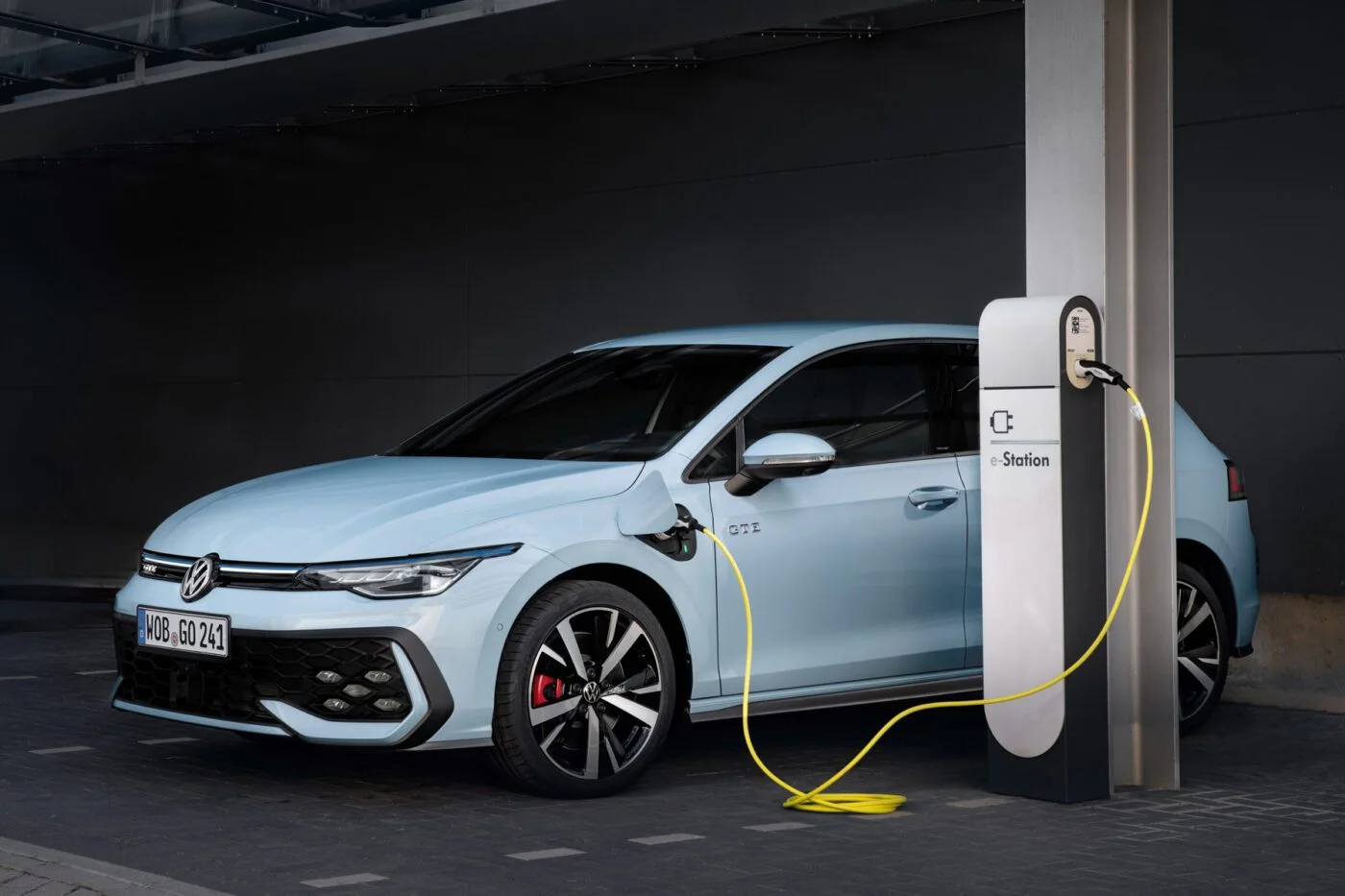
One reason for this hesitation appears to be cost. A recent J.D. Power study shows that the average customer-facing transaction price (CFTP) for a PHEV in the compact SUV segment was $48,700 between January and August 2023. This is significantly higher than the $36,900 average price for a compact electric SUV and $37,700 for a comparable hybrid. For many buyers, the additional expense for a technology that feels like a compromise between EVs and hybrids does not offer a compelling value.
Customer satisfaction is another challenge PHEVs face. According to J.D. Power’s U.S. Electric Vehicle Experience Ownership Study, PHEVs scored only 669 out of 1,000 points in overall satisfaction. This falls short of the scores achieved by mass-market EVs, which stood at 716, and premium EVs, which scored 738. The dissatisfaction among PHEV owners often stems from higher-than-expected ownership costs and the dual demands of fueling and charging. Many consumers also report that PHEVs don’t stand out visually from non-hybrid models, adding to the perception that they are paying more for little added value.
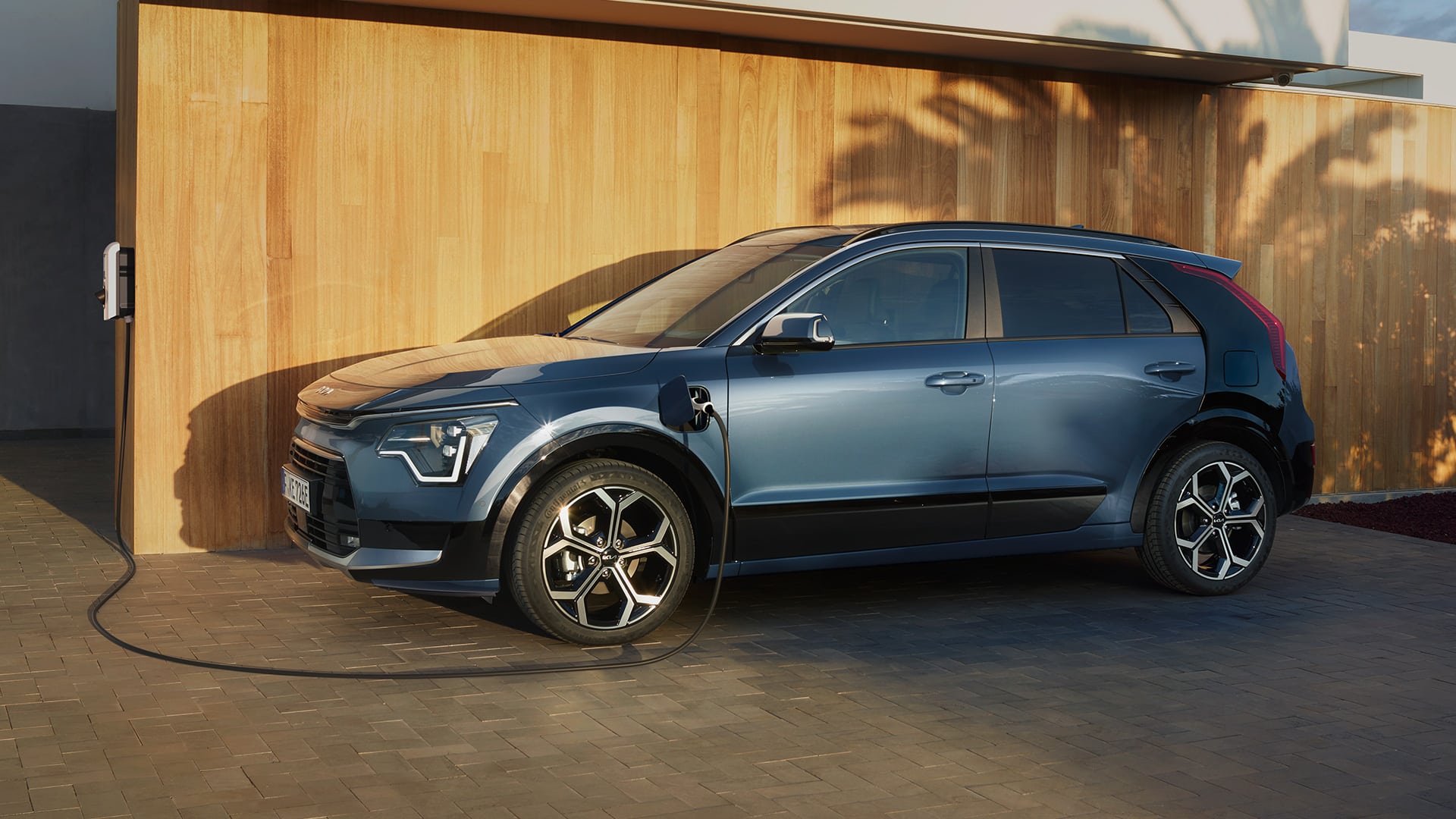
“There’s been a lot of focus on creating intermediary steps for consumers who may not be ready to fully adopt a battery-electric vehicle yet,” said Brent Gruber, Executive Director of J.D. Power’s EV practice. “Plug-in hybrids have their merits for certain people, but when you look at that ownership experience, it’s certainly not as positive as battery-electric vehicle ownership experiences.”
PHEVs face an uphill battle convincing buyers they are worth the higher cost and added complexity. Issues such as the expensive post-warranty battery replacements and faster depreciation compared to EVs and traditional hybrids only add to consumer hesitation. As a result, many buyers may bypass PHEVs in favor of either conventional hybrids or fully electric vehicles.
Source: Auto News

